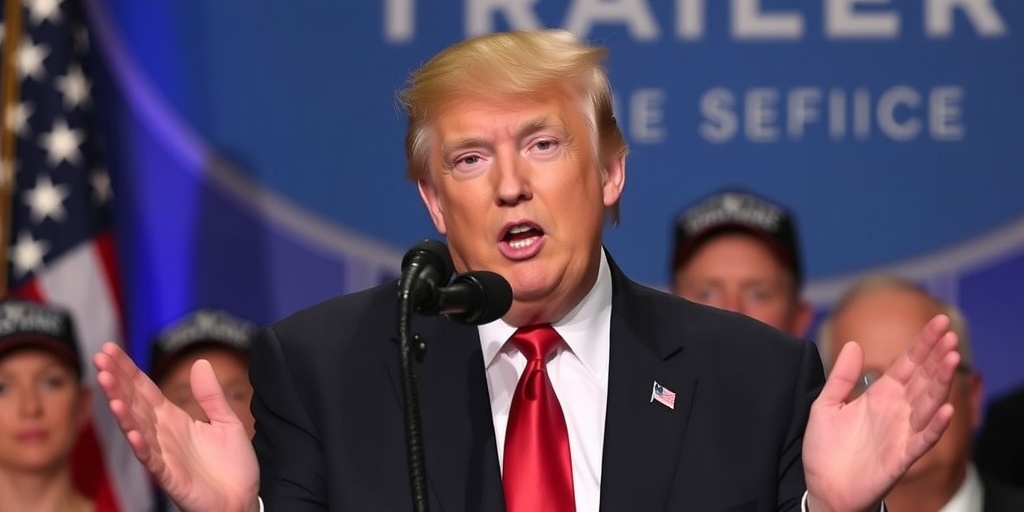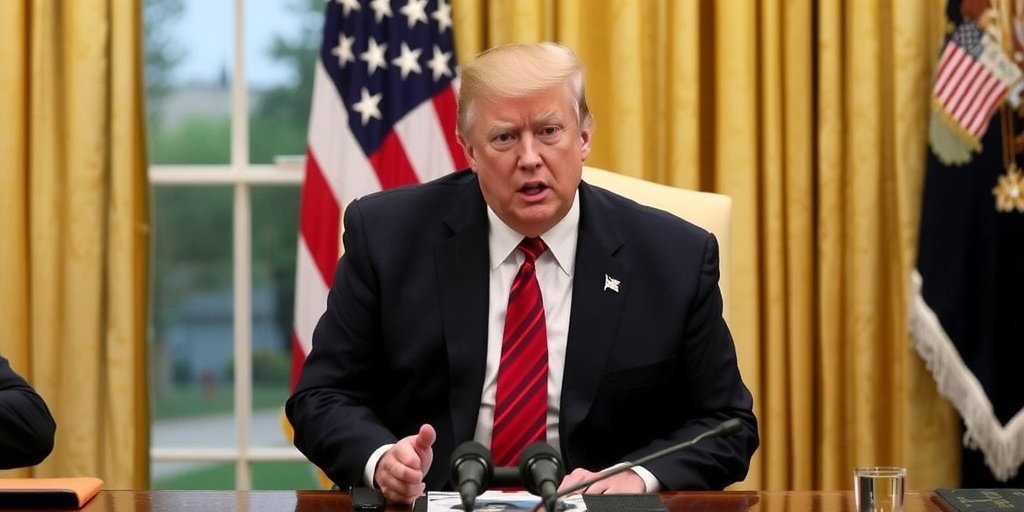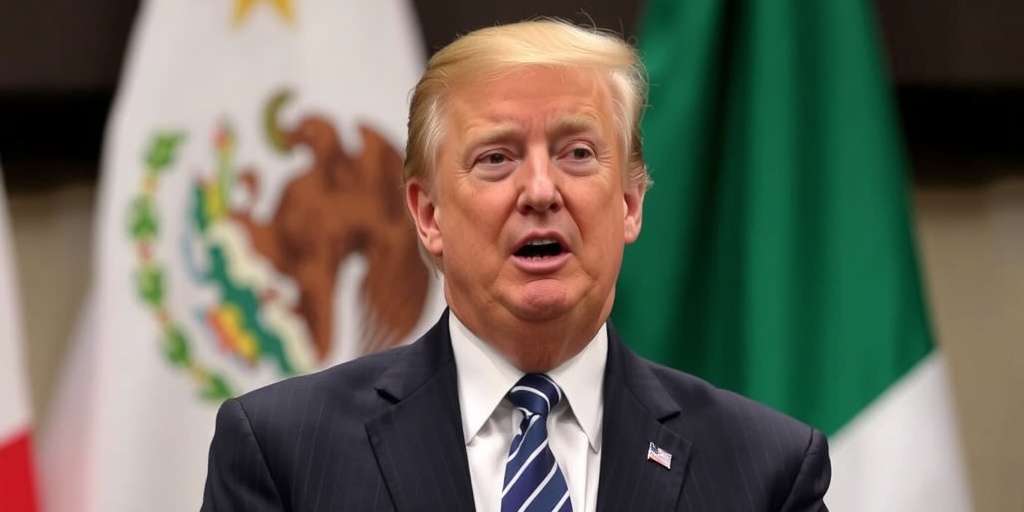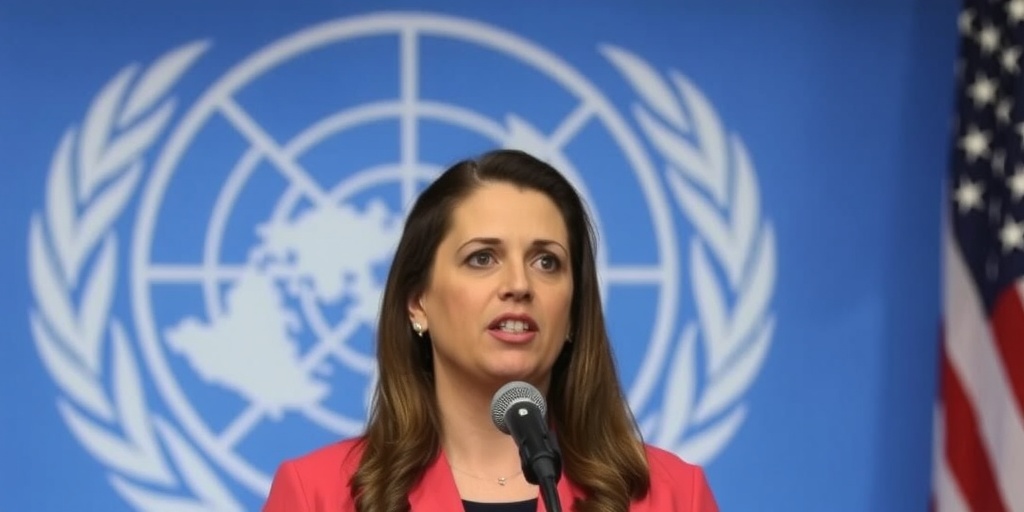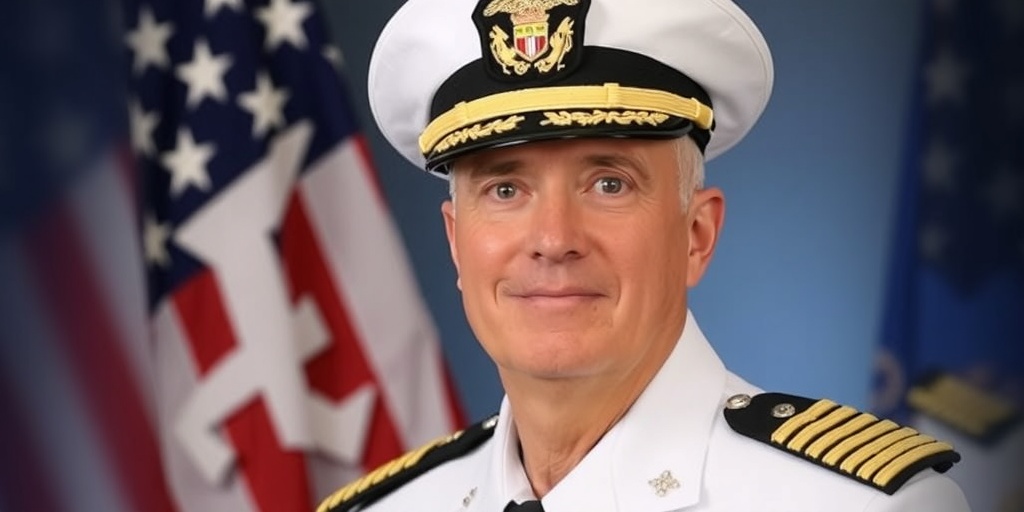Now Reading: Rubio Halts Foreign Aid, Meets Asian Diplomats on First Day
-
01
Rubio Halts Foreign Aid, Meets Asian Diplomats on First Day
Rubio Halts Foreign Aid, Meets Asian Diplomats on First Day
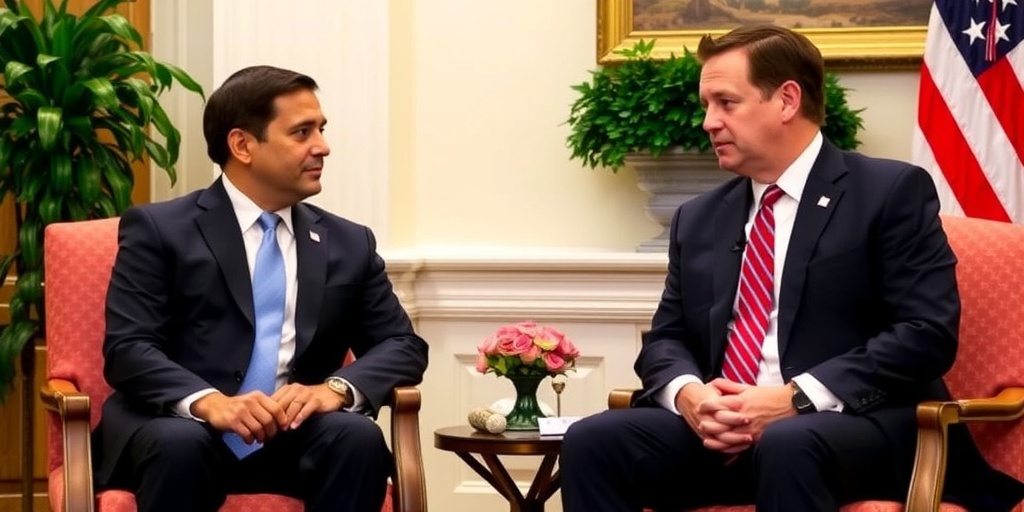
Marco Rubio Takes Office as Secretary of State Amid Global Crises and Policy Shifts
On a frigid Tuesday morning, Marco Rubio made his inaugural entrance into the State Department as the newly confirmed Secretary of State, receiving a warm welcome from employees who gathered to greet him. This significant moment comes at a crucial juncture for U.S. foreign policy, characterized by a series of violent global crises and changing dynamics in international relations. Under the leadership of President Trump, who is re-engaging with various nations, Rubio now holds the responsibility of guiding American diplomacy in a tumultuous world.
After being sworn in by Vice President JD Vance at 9:30 a.m., Rubio participated in a ceremonial gathering where he thanked the dedicated diplomats serving abroad. His appointment is noteworthy, as he is the first cabinet secretary confirmed under the Trump administration’s new leadership. Rubio, recognized for his lengthy tenure in the Senate representing Florida, has been a prominent member of the Foreign Relations and Intelligence Committees since 2011. His unanimous Senate approval on Monday night underscores confidence in his capabilities to spearhead U.S. foreign policy.
Following the ceremonial greetings, Rubio convened with his counterparts from India, Japan, and Australia in a meeting focused on the Indo-Pacific region—an area he believes is increasingly susceptible to Chinese dominance. This meeting, part of the Quad alliance (comprising the U.S., India, Japan, and Australia), was organized prior to the recent transition in administration and signals Rubio’s commitment to collaborative diplomacy in addressing shared challenges posed by China.
In articulating the administration’s foreign policy objectives, Rubio stated, "Our mission is to ensure that our foreign policy is centered on one thing: the advancement of our national interests." He further emphasized that while changes are anticipated under his leadership, these would not be punitive but rather constructive, aimed at enhancing the effectiveness and responsiveness of the State Department.
Acknowledging the rapid pace of global developments, Rubio insisted that the State Department must be agile—able to act and react swiftly and decisively to ongoing and emerging crises. His upcoming schedule includes bilateral meetings with the foreign ministers of the Quad nations, underscoring the urgency of diplomatic engagement as global tensions mount.
One of the key issues facing the State Department is the impact of recent executive orders issued by President Trump, which have already begun to reshape how U.S. foreign aid is administered. On Monday, Trump signed an order to suspend the disbursement of foreign aid funds pending a comprehensive 90-day review. This evaluation will focus on aligning aid programs with national interests and the United States’ overall foreign policy objectives.
The implications of this executive order are substantial, as NGOs and contractors reliant on foreign aid scramble to adjust to the sudden halt in funding. Many critical programs aimed at aiding impoverished and war-torn regions may face abrupt interruption, raising concerns about the humanitarian impact of policy shifts. The directive highlights a core criticism of the existing foreign aid framework—that it is often misaligned with American values and strategic objectives, potentially undermining global stability.
As Rubio takes the helm at the State Department, he is faced with the dual challenge of implementing Trump’s vision for foreign policy while navigating the complexities of global governance amidst changing geopolitical landscapes. His vocal stance on China, reflecting a broader perspective within the administration that emphasizes confronting the Chinese Communist Party on various fronts, will play a crucial role in shaping U.S. diplomatic efforts in the region.
Rubio, whose family has Cuban roots, has historically approached foreign policy through the lens of ensuring American values are promoted internationally. His confirmation as Secretary of State thus not only represents a pivotal moment in his career but also a significant shift in U.S. diplomacy, as the administration seeks to redefine its relationships worldwide.
In summary, Marco Rubio’s new role as Secretary of State presents an opportunity for a recalibrated American foreign policy approach, characterized by an emphasis on national interests and strategic partnerships in the Indo-Pacific. As he settles into his duties, both his leadership style and the outcomes of his meetings with international counterparts will be closely monitored, as the United States looks to navigate an increasingly complex global landscape.
Stay Informed With the Latest & Most Important News
Previous Post
Next Post
-
 01New technology breakthrough has everyone talking right now
01New technology breakthrough has everyone talking right now -
 02Unbelievable life hack everyone needs to try today
02Unbelievable life hack everyone needs to try today -
 03Fascinating discovery found buried deep beneath the ocean
03Fascinating discovery found buried deep beneath the ocean -
 04Man invents genius device that solves everyday problems
04Man invents genius device that solves everyday problems -
 05Shocking discovery that changes what we know forever
05Shocking discovery that changes what we know forever -
 06Internet goes wild over celebrity’s unexpected fashion choice
06Internet goes wild over celebrity’s unexpected fashion choice -
 07Rare animal sighting stuns scientists and wildlife lovers
07Rare animal sighting stuns scientists and wildlife lovers













